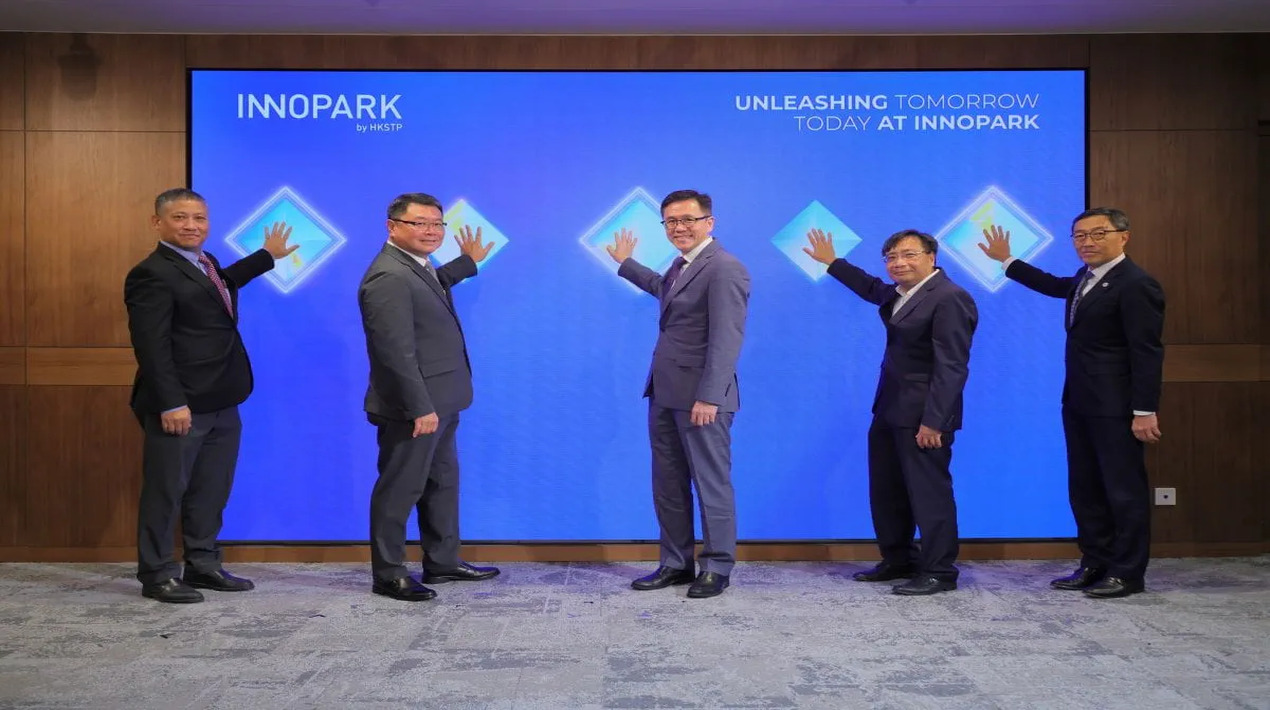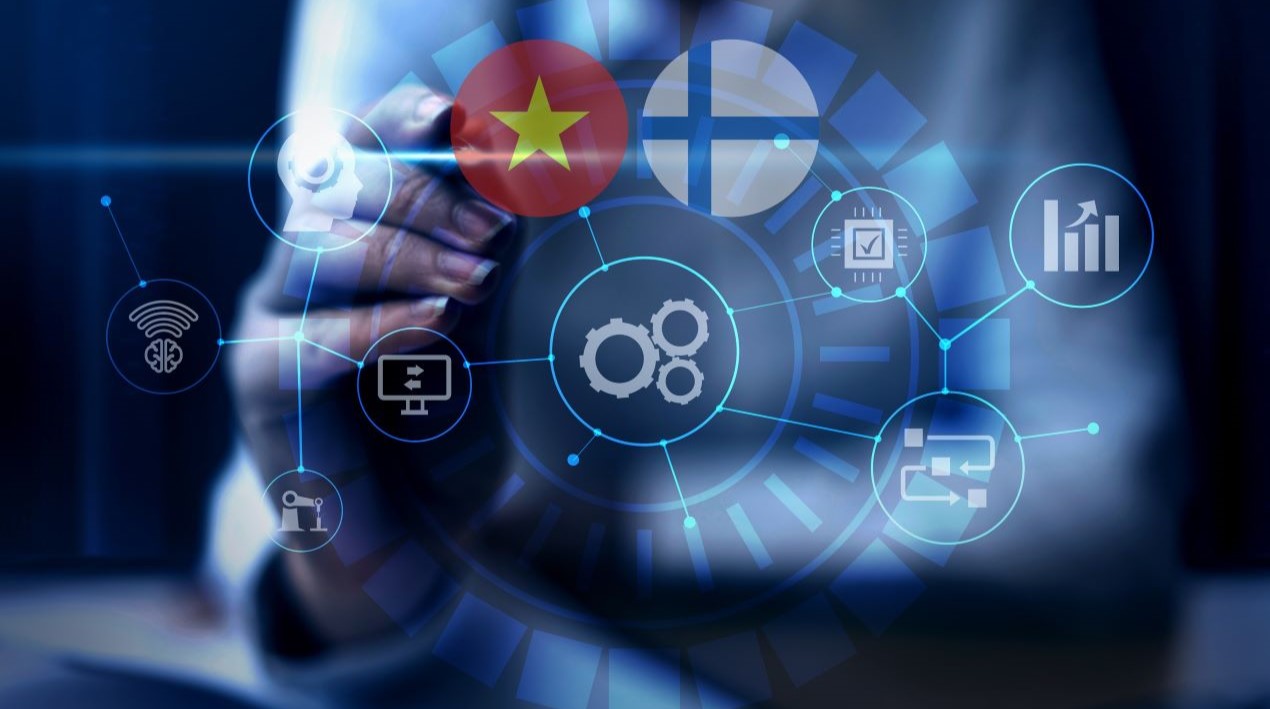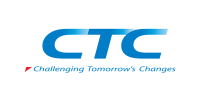
|
Getting your Trinity Audio player ready...
|
Singapore’s Minister for Digital Development and Information, Josephine Teo, emphasised Singapore’s strategic approach to digital cooperation and inclusion at the “Unlocking Potential: Digital Cooperation for Digital Public Infrastructure (DPI)” panel at the Digital Public Goods Alliance’s 50-in-5 event.
Speaking on Singapore’s experience, Minister Teo outlined how digital inclusion extends beyond internet connectivity to ensuring access to up-to-date devices, digital skills and the confidence to use technology effectively. In a tech-driven society, digital inequality can persist not only in access but also in the quality of devices and digital skills. Addressing these gaps is crucial for fostering true digital inclusion.
Minister Teo also highlighted the pivotal role of government in facilitating digital transactions and services. By offering digital public services, governments can encourage citizens to engage in digital platforms, creating opportunities for greater digital literacy.
Minster Teo explained that by making government services available online, Singapore has found that it can bridge some of these gaps in digital literacy while ensuring citizens are familiar with digital transactions. This helps build a more inclusive digital society, where people are more comfortable using technology in their day-to-day lives.
Additionally, she pointed out the necessity of government involvement in ensuring the interoperability of digital systems. In a fragmented digital landscape, where various organisations might operate independent identity systems or non-compatible payment solutions, governments play an important role in establishing coherence.
By creating standard systems, such as digital identity systems or payment frameworks, governments can avoid the complications citizens face when navigating multiple platforms. In Singapore, coherent digital infrastructure ensures a seamless experience for citizens when interacting with government services, promoting inclusion and reducing barriers to access.
Minister Teo further discussed Singapore’s contributions to global digital cooperation, specifically through capacity-building efforts. One of Singapore’s initiatives has been to convene the Forum of Small States (FOSS), which marked its 30th anniversary by introducing a digital pillar aimed at fostering knowledge exchange among smaller nations.
As OpenGov Asia reported, Singapore and Rwanda have launched the world’s first AI Playbook for small states during the UN Summit of the Future. It compiles best practices from small states to address challenges in AI adoption, governance, and societal impact. It fosters collaboration and resource-sharing, helping small nations leverage AI for sustainable growth and align with global standards.
Through digital capacity programs at both the executive and fellowship levels, Singapore has played a central role in facilitating international collaboration on digital issues. Minster Teo underscored that by learning together and sharing best practices, smaller countries can collectively make progress in enhancing their digital infrastructures.
Another key element of Singapore’s international digital cooperation, according to the Minster, is the sharing of digital government tools that have been developed and tested in Singapore. These tools, designed to simplify digital governance, are made available to other countries to adopt without requiring significant resources.
Minster Teo highlighted two examples: FormSG, a tool for creating digital forms for government services, and Isomer, a platform for building government websites efficiently and cost-effectively. These tools, she explained, are part of Singapore’s broader philosophy of using technology for good, where the goal is to help other countries accelerate their digital transformation without having to start from scratch.
Minister Teo reiterated Singapore’s commitment to contributing to global digital cooperation. Through the sharing of tools, knowledge, and capacity-building efforts, Singapore is dedicated to ensuring that digital public infrastructure remains inclusive, interoperable, and sustainable for all.
By participating in initiatives like the Digital Public Goods Alliance and fostering collaboration with international partners, Singapore hopes to play a significant role in unlocking the potential of digital technology for good and enhancing digital resilience globally.















